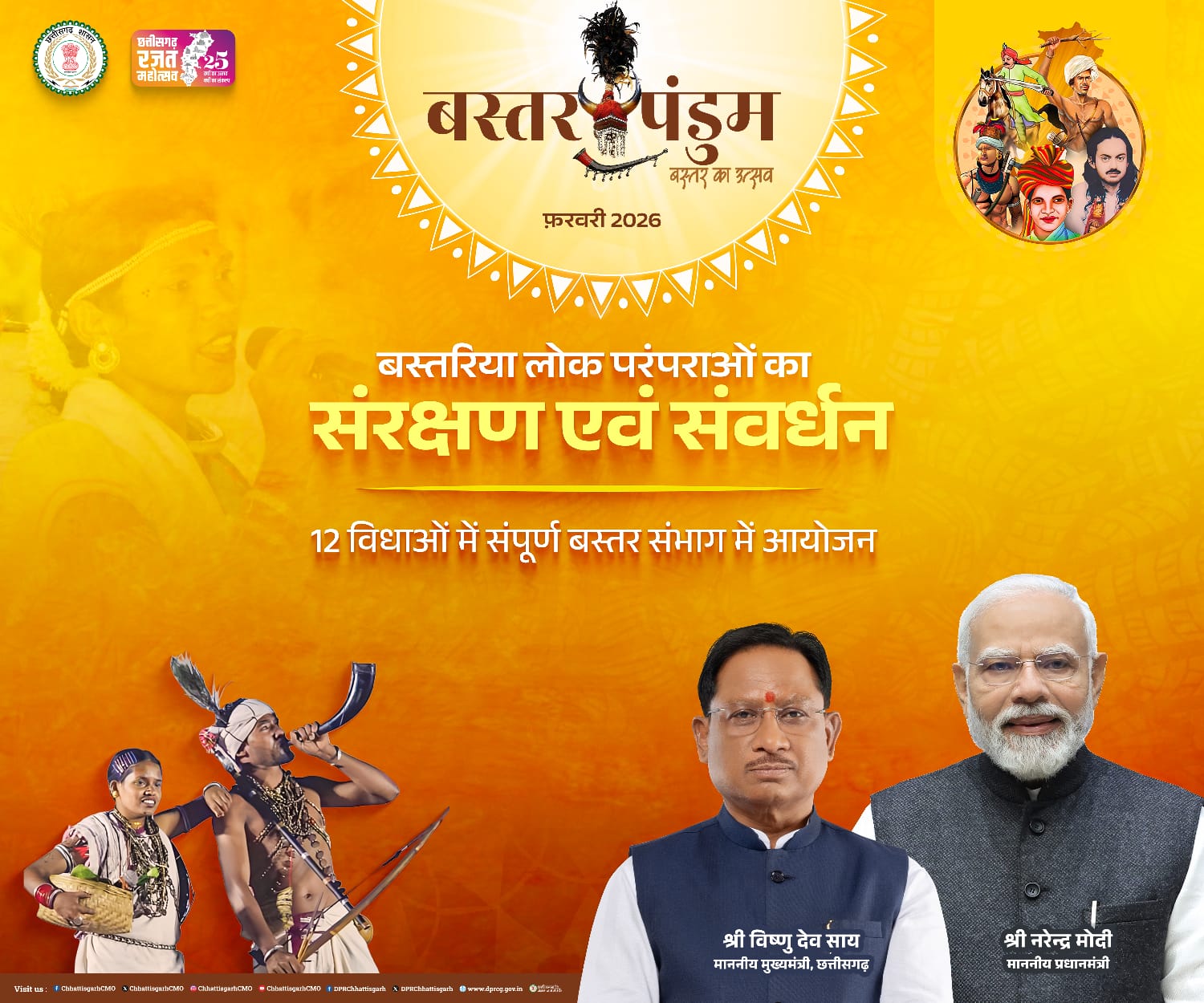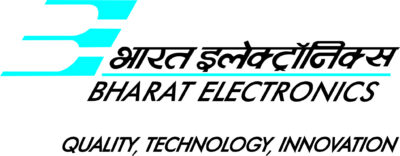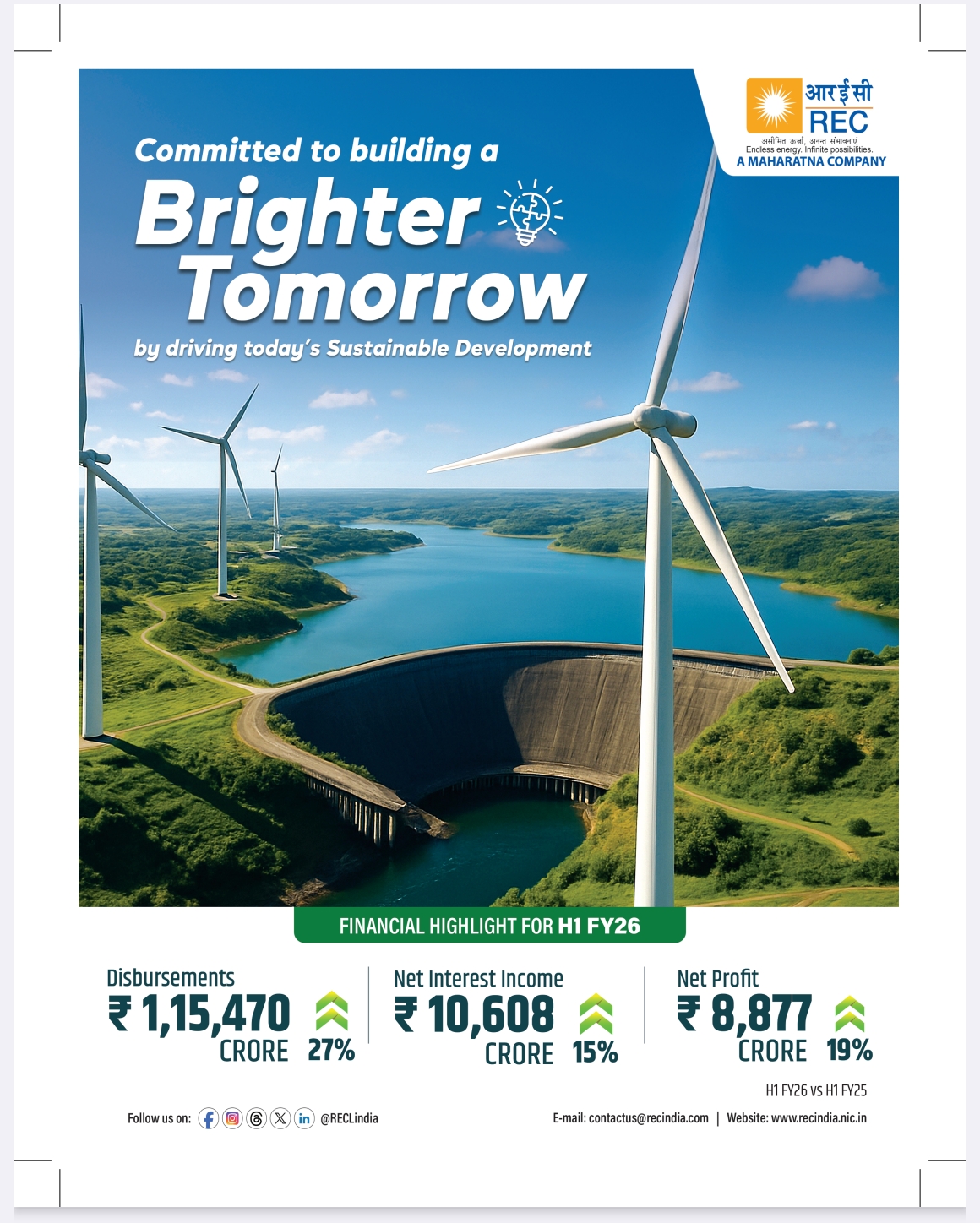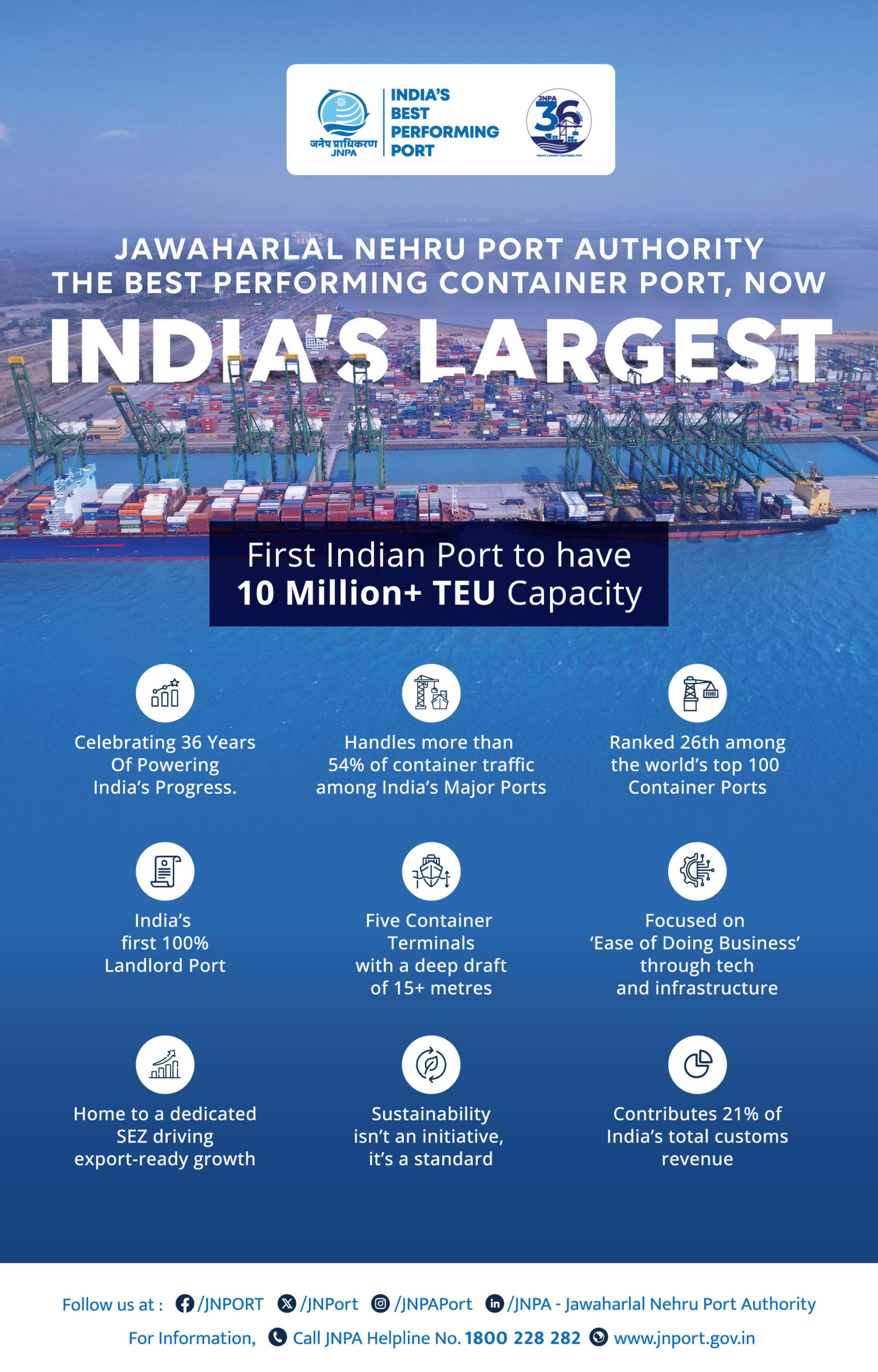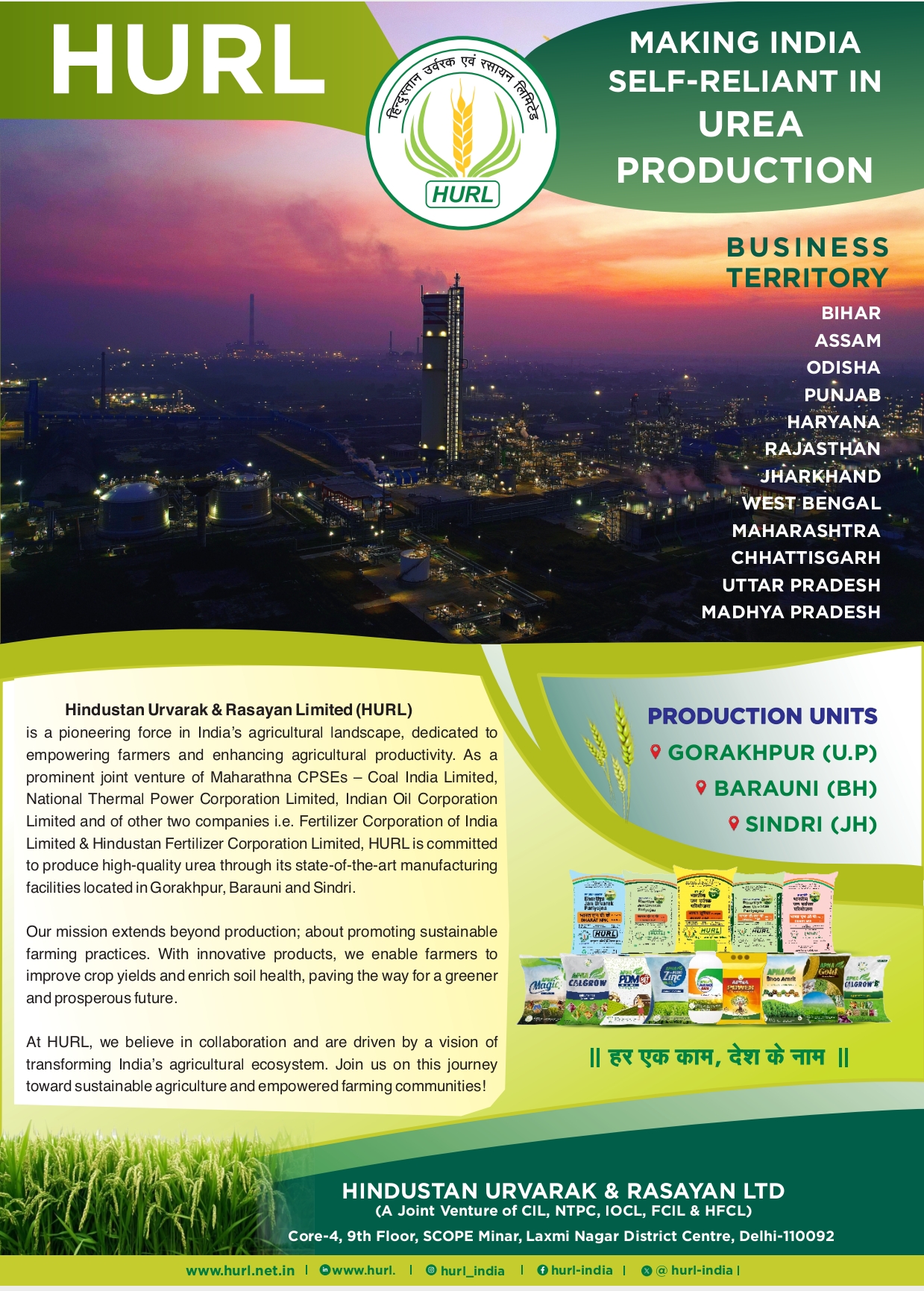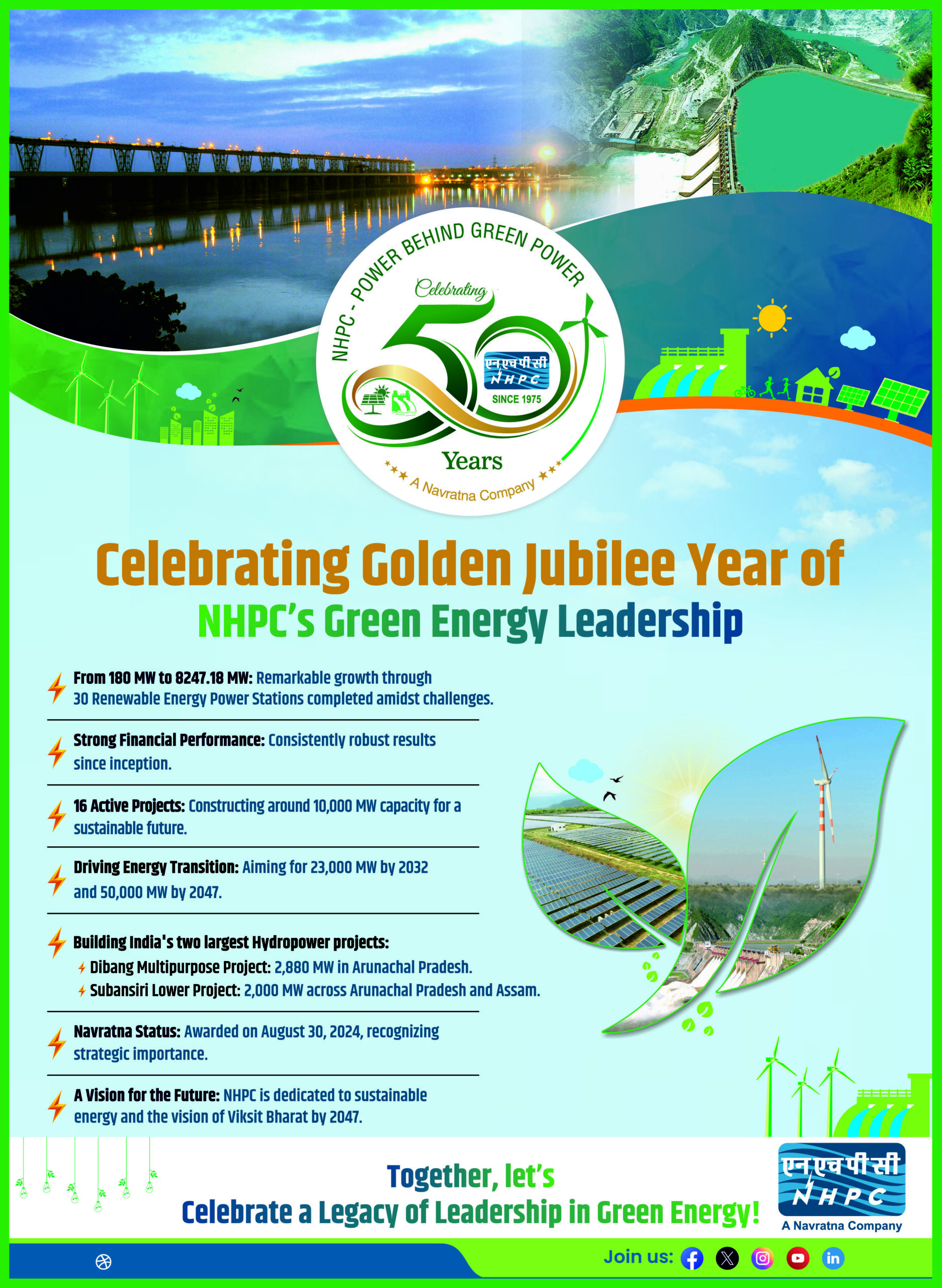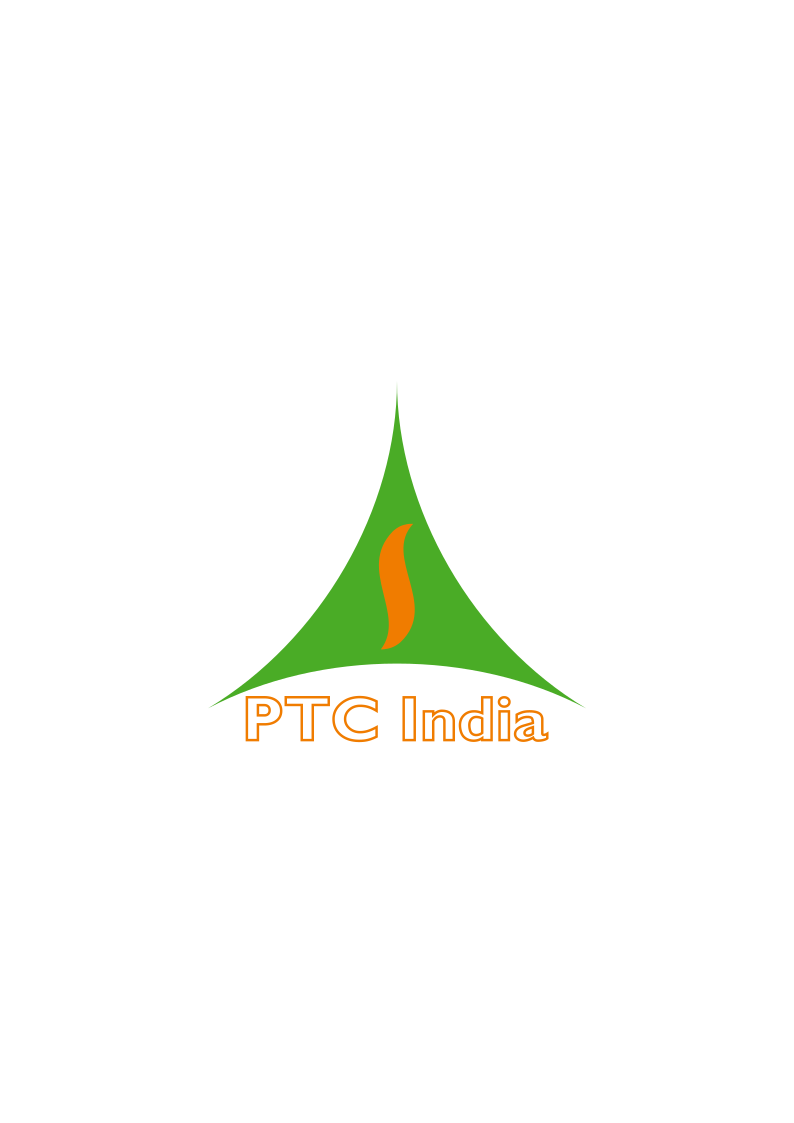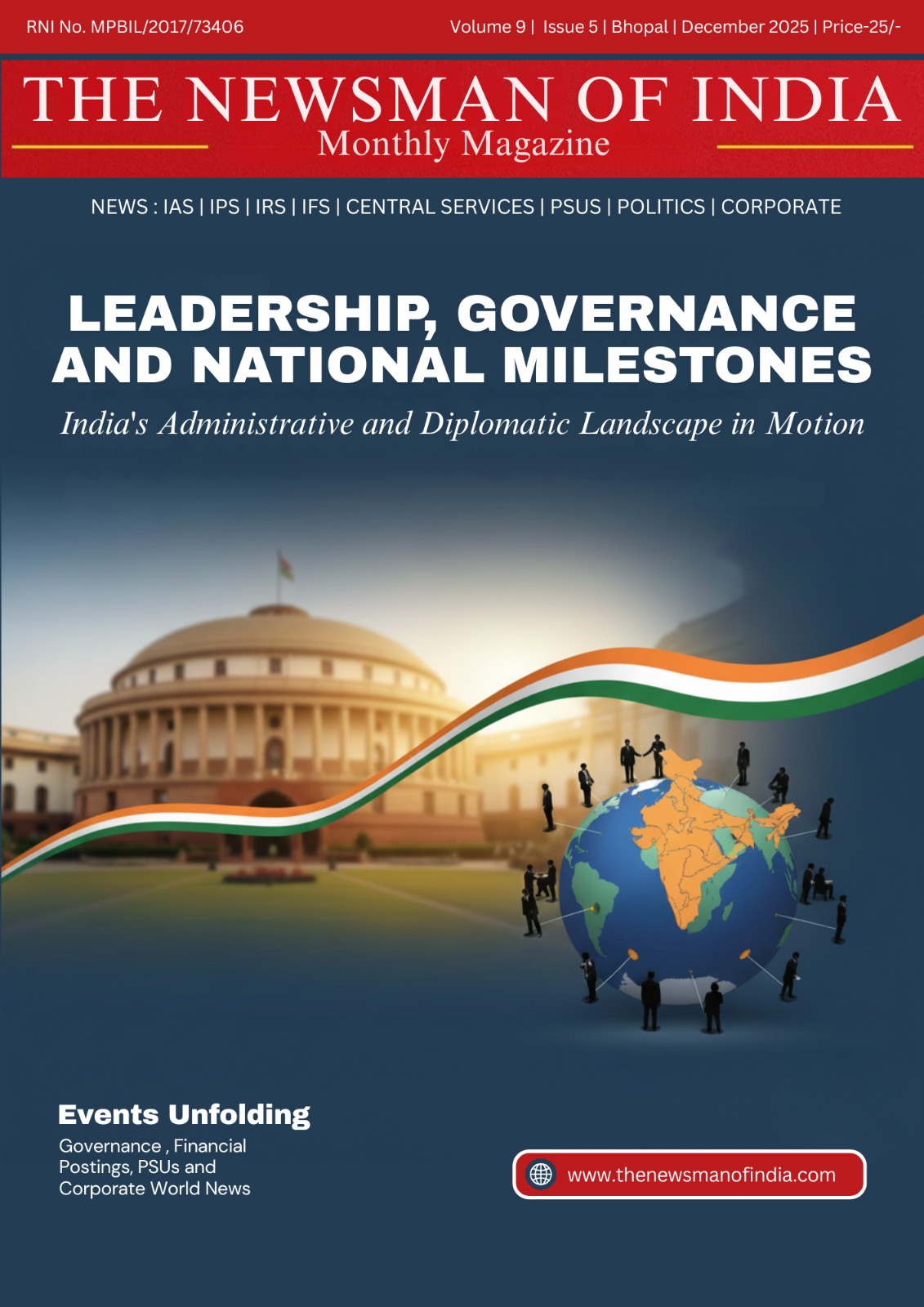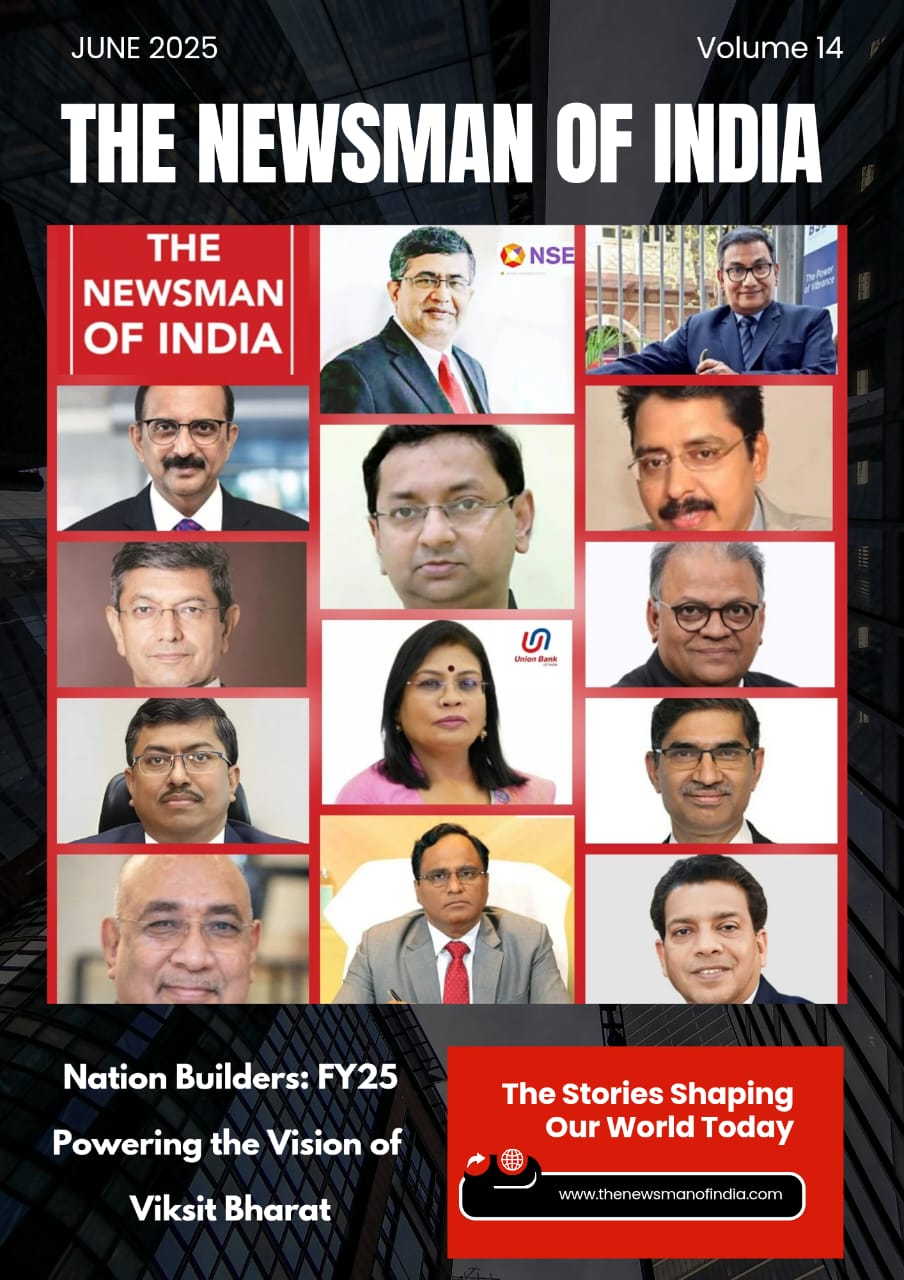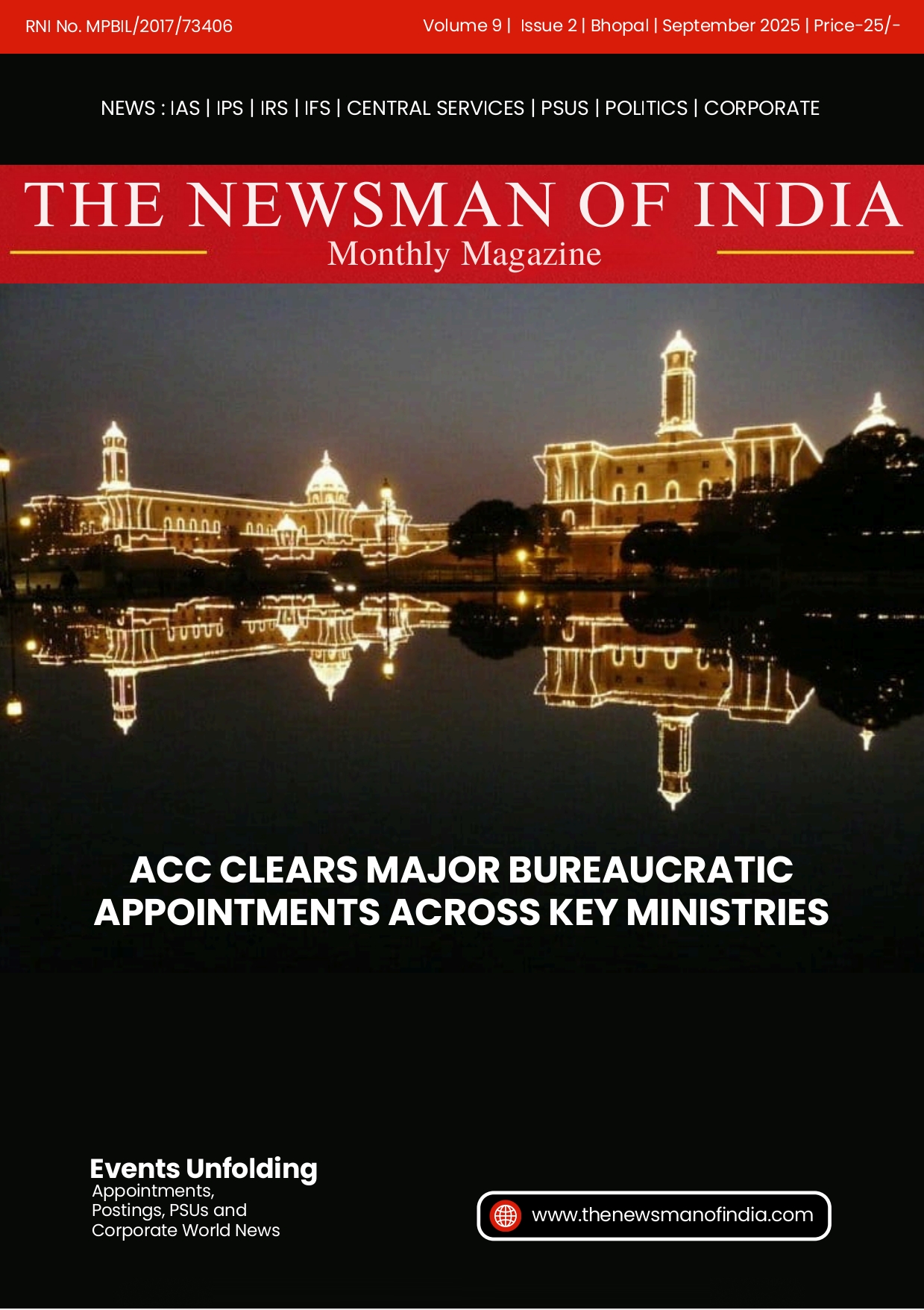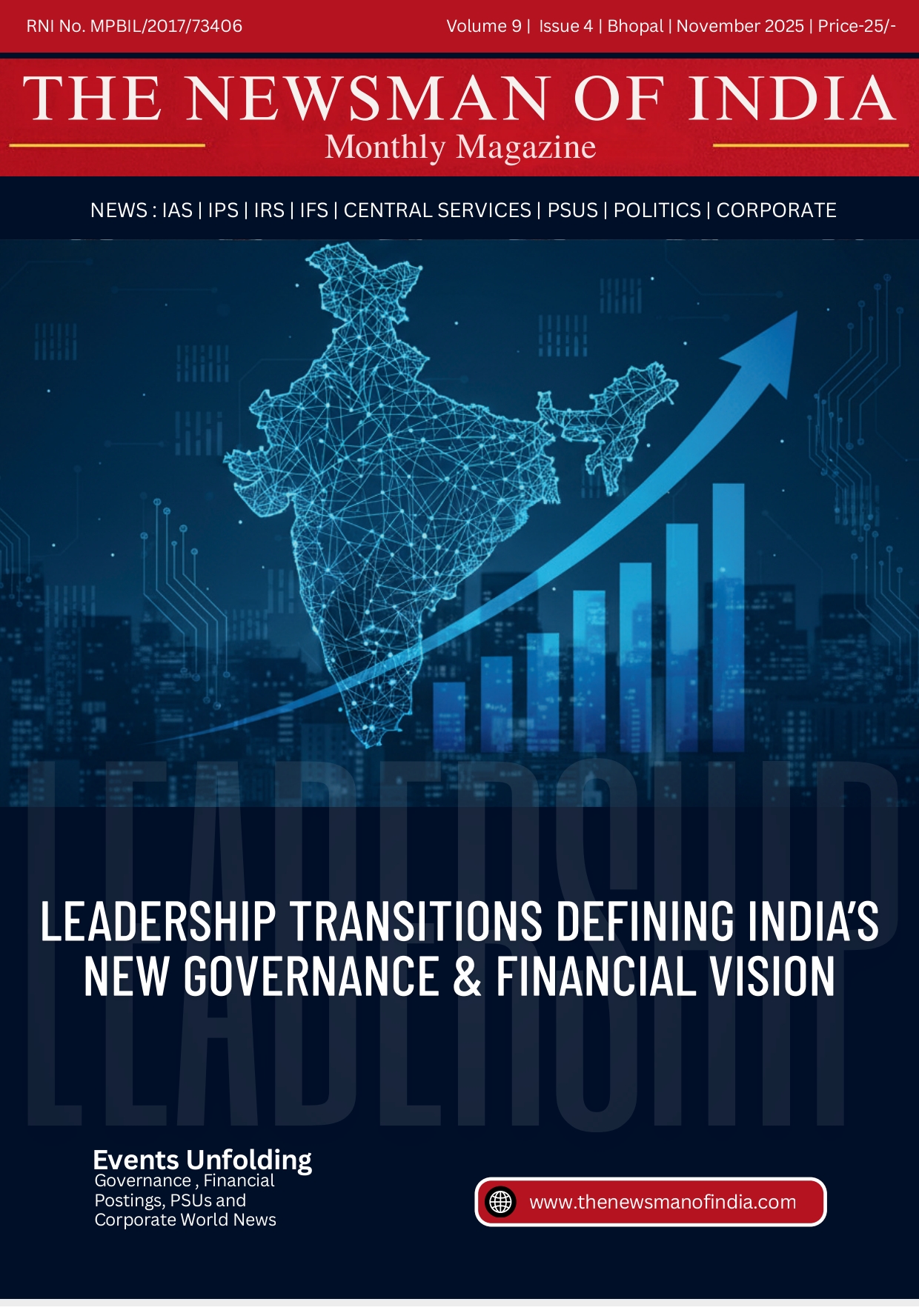2024: A Landmark Election Year Globally
Jan 19th, 2025 10:17 am | By ThenewsmanofIndia.com | Category: SPECIAL NEWS COVERAGE
(THE NEWSMAN OF INDIA.COM)
by Abul Hasan:
The year 2024 marked a historic milestone for global democracies, with over 60 countries holding elections that collectively impacted nearly two-thirds of the world’s population. Among these, India, the world’s largest democracy, stood out for its General Elections, which not only tested the robustness of the nation’s electoral system but also showcased the democratic spirit of participation, transparency, and inclusivity. The elections, under the leadership of Chief Election Commissioner (CEC) Rajiv Kumar, were lauded for their scale, innovation, and seamless execution.

The 18th Lok Sabha Elections: A Monumental Democratic Exercise
India’s 18th Lok Sabha Elections in 2024 were historic in multiple ways. For the first time, over 64 crore voters participated, setting a world record. This was more than 1.5 times the combined voter count of the G7 nations during their last national elections. Of these voters, 31.2 crore were women, outnumbering the total voters of the 27 EU nations. The active participation of women voters, who even outpaced their male counterparts in voter turnout, symbolized a new era of gender equality in India’s democratic processes. Moreover, the inclusivity of the elections was remarkable. The electoral rolls reflected India’s diverse demographics, with representation from people with disabilities, centenarians, third-gender voters, and a significant number of first-time electors. The election machinery’s focus on marginal and remote groups, such as the Particularly Vulnerable Tribal Groups (PVTGs), was evident in the enthusiastic participation of communities like the Shompen tribe in Great Nicobar.

Scale and Magnitude: Unparalleled Logistics and Execution
The logistics behind India’s General Elections are unmatched globally. With over 1.5 crore polling and security personnel deployed, the elections spanned more than 10.5 lakh polling stations across the country. Such a massive operation required meticulous coordination and support, from airlifting polling teams to remote locations via the Indian Air Force to utilizing special trains and even ships for logistics. The collaborative effort between multiple departments, including state governments, security forces, and local volunteers, ensured that the election process ran smoothly despite the country’s vast geographical and cultural diversity.
Every Vote Matters: Reaching the Most Remote Locations
The Indian elections are renowned for their ability to reach the most remote and challenging areas. Polling teams trekked through dense jungles, crossed rivers by boat, and navigated treacherous mountainous terrains to ensure that every eligible voter had access to the democratic process. The world’s highest polling station was set up at Tashigang, Himachal Pradesh, serving 62 voters, while a polling station was set up for a solitary voter in Gujarat’s Gir forest. Such efforts embody the commitment to ensuring that no voter is left behind, regardless of their location or circumstances.
Breaking Barriers with Accessible Voting
One of the most groundbreaking initiatives in the 2024 Lok Sabha Elections was the provision of home voting for citizens aged 85 and above, as well as for persons with disabilities. This step marked a significant move toward inclusive elections, ensuring that the elderly and differently-abled could vote with dignity and ease. This innovation set a precedent for future elections, highlighting the importance of accessibility in democratic processes.
Jammu and Kashmir: A New Dawn in Democracy Perhaps one of the most poignant milestones in the 2024 elections was the high voter turnout in Jammu and Kashmir, especially in the Kashmir Valley. After years of unrest, the electorate displayed a renewed faith in the democratic process, with the region witnessing its highest turnout in four decades. The Election Commission’s efforts to simplify the registration process and set up special polling stations for Kashmiri migrants ensured that every voice was heard, no matter the challenges. The peaceful conduct of the elections in Jammu and Kashmir marked a significant shift toward stability and democratic engagement in the region.
A Peaceful and Violence-Free Election
Despite challenges posed by regions historically affected by election-related violence, such as Manipur, Tripura, and parts of Jammu and Kashmir, the 2024 elections were largely peaceful. Stringent security measures, including the deployment of central forces, observers, and live webcasting in sensitive polling stations, ensured a secure and intimidation-free environment for voters. The success of the elections in conflict-prone areas stood as a testament to the maturity of India’s democracy.
Technology and Transparency: A New Era in Election Management
The 2024 elections saw the integration of cutting-edge technology, which played a key role in ensuring transparency and public participation. The Election Commission of India (ECI) leveraged multiple apps, including cVIGIL for reporting electoral violations, the SUVIDHA portal for party permissions, and ERONET 2.0 for managing the country’s voter database. The use of Electronic Voting Machines (EVMs) and Voter Verifiable Paper Audit Trails (VVPATs) ensured transparency in vote casting and counting, with results being available on the same day as polling. Furthermore, the online voter registration system and the myth-busting ‘Myth vs Reality Register’ helped tackle misinformation and fostered trust in the electoral process.
Combatting Misinformation and Money Power
In an age where misinformation poses a significant challenge to electoral integrity, the Election Commission took strong steps to curb fake news and false narratives. The ‘Myth vs Reality Register’ was one of the tools used to combat misinformation during the elections. Additionally, the Commission’s aggressive stance on curbing the use of money power led to the historic seizure of over Rs. 10,000 crore worth of illegal funds, much of it in the form of drugs and narcotics, signaling a serious commitment to holding free and fair elections.
Strengthening Democracy through Citizen Engagement
The Election Commission’s engagement with citizens through various awareness campaigns also played a vital role in boosting voter turnout. Collaborations with public and private entities, including startups, social media platforms, and media outlets, helped spread awareness and motivate voters to participate. The Commission’s outreach efforts, including pro-bono support from various institutions and its partnership with the Indian Premier League (IPL) and railways, ensured that citizens were well-informed and encouraged to vote.
A Triumph for Democracy
The 2024 General Elections in India were a resounding success, showcasing the country’s democratic strength and inclusivity. The unprecedented scale of participation, technological innovations, and the commitment to ensuring every vote mattered, despite geographical or physical barriers, set a global benchmark for elections. With the efforts of the Election Commission and the active participation of citizens, India’s democracy emerged stronger, more inclusive, and more transparent, paving the way for future elections to continue to reflect the true spirit of democracy.
General Elections 2024 – Highlights
Electors/Voters
▪️Total registered electors: 97.98 crore (7.43% increase from 2019).
▪️Voter turnout: 64.64 crore (64.2 crore EVM votes, 42.8 lakh postal votes).
▪️Gender breakdown: 32.94 crore male, 31.28 crore female, 13,058 third gender.
▪️Highest turnout: Dhubri, Assam (92.3%). Lowest: Srinagar, J&K (38.7%).
▪️NOTA: 63.7 lakh (0.99%).
Polling Stations
▪️Total: 10,52,664 (increase from 10,37,848 in 2019).
▪️Repolls: Only 40 stations (0.0038%).
Uttar Pradesh has the most polling stations (1.62 lakh), and Lakshadweep the least (55).
Nominations
▪️12,459 nominations filed, 8,360 contesting candidates.
▪️Highest nominations in Malkajgiri, Telangana (114).
Women Power
▪️47.63 crore female electors (48.62% of total).
▪️Female voter turnout: 65.78%, surpassing
▪️male turnout (65.55%).
▪️800 female candidates, up from 726 in 2019. Maharashtra had the most (111).
Inclusive Elections
▪️Third gender electors: 48,272 (increase of 23.5% from 2019).
▪️PwD electors: 90.29 lakh (increase from 61.67 lakh in 2019).
▪️Overseas electors: 1.19 lakh.
Results
▪️6 national parties had 63.35% of the vote share.
▪️7 independent candidates were elected; 3921 independents contested, with 279 being female.
Minimal Repolls – 40 only in comparison to 540 in 2019

